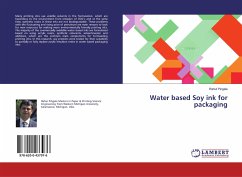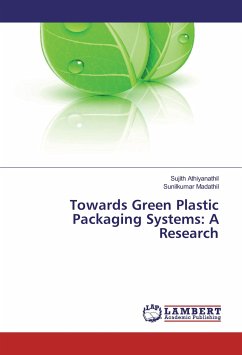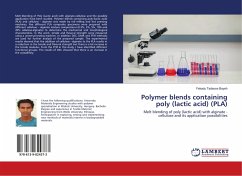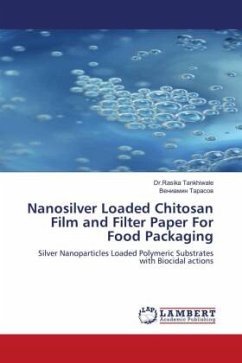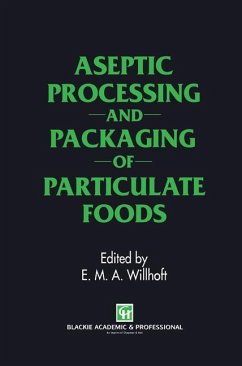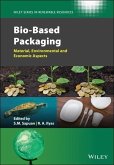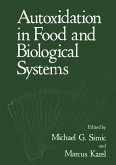Many printing inks use volatile solvents in the formulation, which are hazardous to the environment from emission of VOC's and at the same time, synthetic resins in these inks are not biodegradable. These problems with the fluctuating and rising price of petroleum are main reasons to look for new resources for making more environmentally friendly printing inks. The majority of the commercially available water based inks are formulated based on using acrylic resins, synthetic colorants, solvents/water and additives, which are the common main components for formulating printing inks. In this research, soy proteins were tested for their suitability to partially or fully replace acrylic emulsion resins in water based packaging inks.
Bitte wählen Sie Ihr Anliegen aus.
Rechnungen
Retourenschein anfordern
Bestellstatus
Storno

